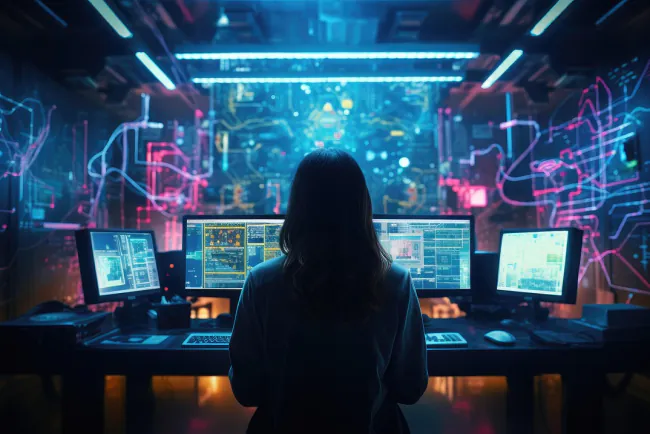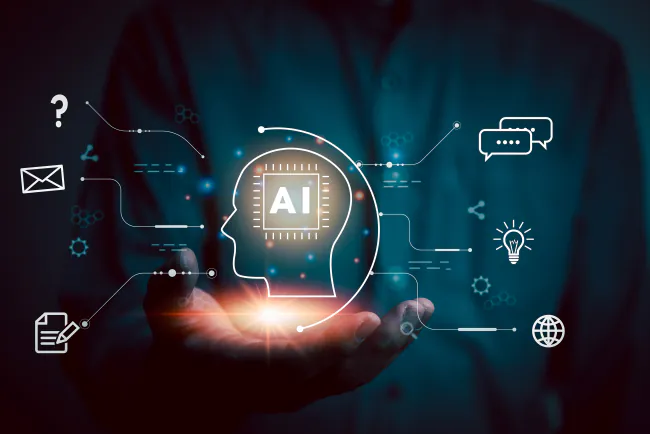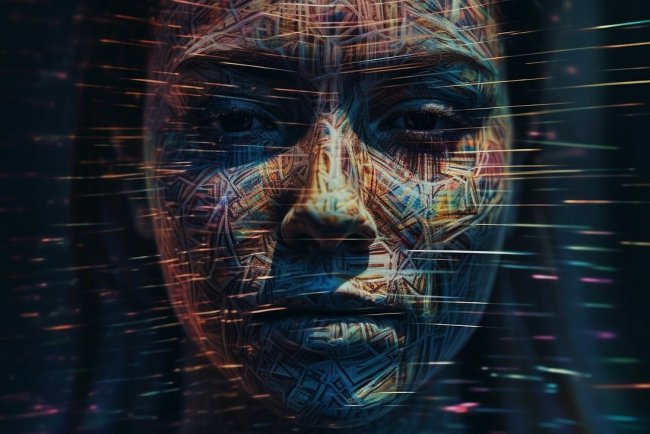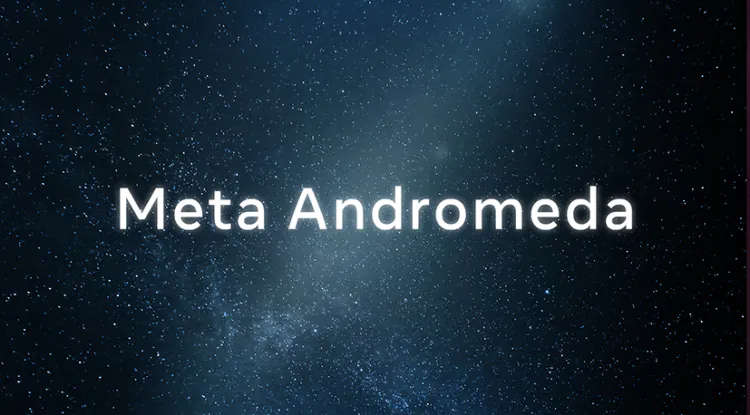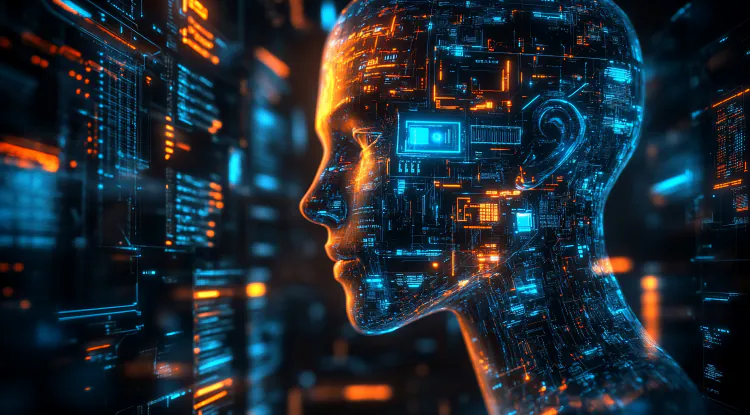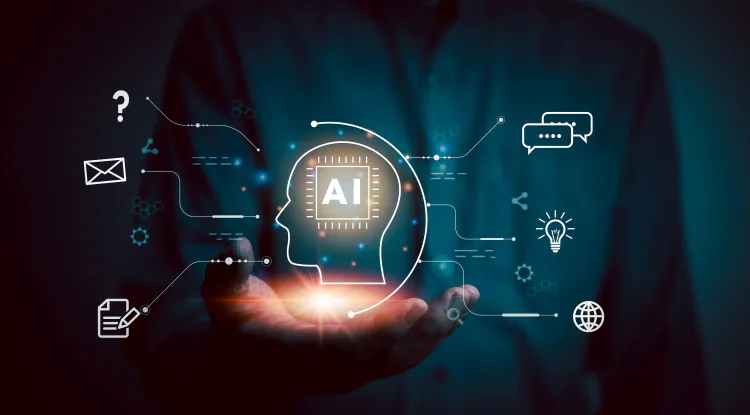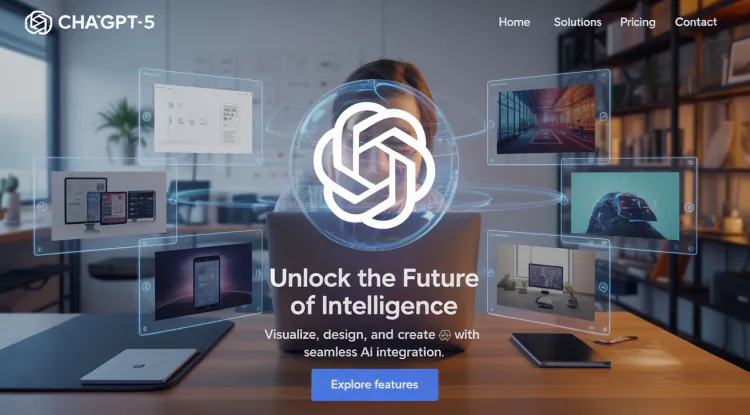The AI Shift: Sundar Pichai’s Vision for the Future of Google and the Internet
In the past few decades, we’ve seen many major changes in how we use technology — from the internet revolution to the mobile phone boom. But now, we’re at the beginning of something even bigger. According to Google CEO Sundar Pichai, Artificial Intelligence (AI) is the next massive platform shift — and it’s going to change everything.
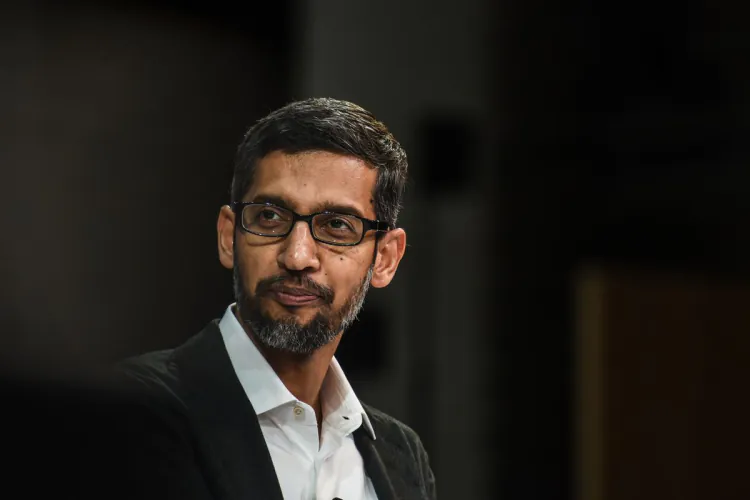
Sundar Pichai recently spoke in detail about how Google is using AI to build new products, make user experience more natural, and solve real-world problems. He compared AI to electricity — a powerful invention that changed how the world works. Just like electricity became part of our daily life, AI too will become a part of everything we do.
Let’s explore his insights in a more simplified and humanised way, along with some extra thoughts from an Indian perspective.
A New Platform Shift — Just Like the Internet
When the internet first came into our homes, it changed how we searched for information, connected with people, and shared content. Later, smartphones made that experience even more personal and powerful. Now, AI is bringing a similar revolution.
Sundar Pichai says this is not just a small update — it’s a platform shift. In simple terms, it's like changing the entire road instead of just fixing potholes. We are moving from clicking buttons to just talking naturally with technology. Imagine asking your phone to make a travel plan, write your resume, or even generate an entire video — just by telling it what you need!
This shift is already visible in Google’s products. Tools like Bard, Gemini, AI-powered Search, and Google Lens are examples of AI making tech smarter and more user-friendly.
From Research to Reality: Google’s Confidence in AI
One of the biggest reasons Google feels confident about AI is because of its strong research background. Google has some of the brightest minds working on AI, and they are not just inventing things — they’re also putting those inventions into our hands as real tools.
Pichai said something very important: “The transition from research to reality is what makes Google’s AI journey powerful.” It means AI is not just for scientists anymore. It's for students, entrepreneurs, small businesses, creators — everyone.
For example:
- A teacher in a village school can now use AI to translate lessons into different languages.
- A small business owner can ask Google AI to create a logo or write content for a website.
- A student preparing for competitive exams can get answers explained clearly using AI chat tools.
It’s no longer about coding or technical skills. AI is here for everyone.

AI is Helping Creativity Grow
One of the most exciting things Sundar Pichai mentioned is how AI can help people become more creative. Just like the internet gave birth to blogging, YouTube, and podcasting, AI will unlock new formats of creation.
Now, with AI:
- Artists can turn text into beautiful images.
- Filmmakers can create storyboards with a few sentences.
- Writers can use AI to improve their stories or get new ideas.
Even a teenager in a small town can now compete with big media houses in terms of quality and speed, all thanks to tools that support creativity. The stage is open for anyone with imagination.
The Future of Work: AI in Every Industry
Sundar Pichai also spoke about how AI is entering almost every industry, from coding to healthcare, education, and legal services.
Let’s take a closer look:
1. Coding Becomes Easier
Tools like GitHub Copilot or Google’s own AI-powered coding assistants are helping developers write code faster. Even people with limited knowledge of programming can now build apps or websites with the help of AI.
2. Healthcare Transformation
AI is being used to detect diseases faster, help doctors with reports, and even provide mental health support. In rural India, where access to doctors is limited, AI can play a massive role in guiding basic healthcare.
3. Legal Services
Reading long legal documents is boring and hard, even for professionals. AI can now summarize documents, translate legal terms into simple language, and help in preparing cases — especially useful for startups and small firms.
Augmented Reality and AI Glasses – A New Tech Era
One of the futuristic products Sundar Pichai touched upon is AI-powered augmented reality (AR) glasses. These glasses will allow users to see the world differently — with translations, directions, and information shown right on the lens, like science fiction movies.
In a few years, AR glasses might replace smartphones. You’ll wear glasses and just say what you want — the glasses will do the rest.
For instance:
- Looking at a menu in a foreign country? The glasses will translate it.
- Looking at a historical monument? The glasses will tell you its history.
- Lost in a new city? Just ask the glasses for directions.
The possibilities are endless.
Changing Content Creation Forever
We are already seeing how content creation is shifting. AI can now help convert blog posts into videos, videos into podcasts, and podcasts into text summaries — all automatically. This smooth conversion of content from one form to another will be a game-changer.
Sundar Pichai pointed out that AI can work almost like a translator between formats. This means more efficiency and less effort for creators.
But there’s a flip side too.
Concerns About Traditional Media and Search
Many traditional media houses are worried. Why? Because people are no longer relying only on news websites. Instead, they use AI, YouTube Shorts, or TikTok-style content to get information.
So, questions arise:
- What happens to the original content creators?
- Will AI just "borrow" content without giving credit?
- Will publishers lose revenue?
These are valid concerns. Pichai says that Google is trying to build a balance — where AI-powered search still sends traffic to quality content sources. But it’s clear that content creators need to adapt.
In today’s time, it's not just about writing blogs. One must think about videos, interactive experiences, mobile apps, and even AI agents.

The Web is Changing: From Media to Applications
Earlier, the internet was mainly for reading news, watching videos, or browsing blogs. But now, the web is becoming more like a place for applications and services.
For example:
- Booking a cab via Uber is not reading — it’s interacting.
- Ordering food, banking online, buying insurance — these are web applications.
With AI agents becoming more common, even these services might shift. Instead of opening the Uber app, you might just ask your AI assistant, “Book a cab for 5 PM to Connaught Place,” and it’ll be done in seconds.
This shift will affect how companies design their services and how users interact with them.
Understanding the Value of Our Digital Participation
Towards the end of the talk, Sundar Pichai highlighted something deep — as users of AI and the digital world, we must understand our value.
We are not just passive users anymore. Every click, search, and action we take helps train AI. In return, we should get better services, more personalization, and ethical usage of our data.
New business models are also coming up:
- Subscription-based AI tools
- Paid personal AI agents
- Special platforms for creators powered by AI
The more we participate, the better our experiences will become — but only if companies remain transparent and respectful of users' rights.
Keeping AI Honest: The Question of Integrity
Sundar Pichai clearly said that Google’s AI systems will not change based on political pressure. That means search rankings and AI answers will remain consistent and fact-based — a big relief in times of misinformation.
But this also means that Google has to work harder to ensure only accurate and verified information appears. As sources like WHO or CDC update their views, AI needs to adapt quickly — without getting biased.
Sundar also gave examples like AlphaGo — the AI system that beat world champions in the complex game of Go. It shows how quickly AI can learn and improve. Imagine the impact this can have in drug discovery, climate research, or robotics.
Conclusion: AI is Not the Future. It’s the Present
Sundar Pichai’s talk made one thing very clear — AI is already here, and it's evolving fast. It’s no longer a distant dream. From how we search, work, learn, shop, and entertain ourselves — everything is being reimagined.
In India, where we have huge diversity in languages, culture, and connectivity, AI can truly empower the masses. Students in small towns, farmers, shopkeepers, startup founders — everyone can benefit.
But to fully enjoy this future, we need to:
- Stay updated
- Be open to learning new tools
- Demand ethical use of AI
- Support transparent platforms
The digital world is changing — and it’s time we change with it.
What's Your Reaction?







